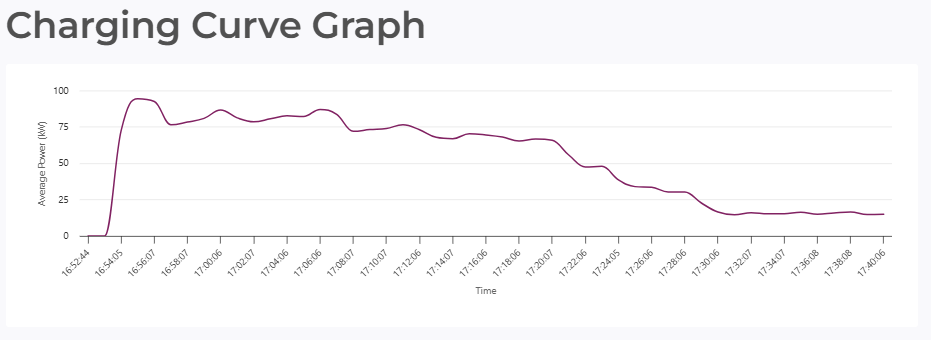TL;DR
We’re Regulated Because We Failed
"If it moves, tax it. If it keeps moving, regulate it. And if it stops moving, subsidise it.” Markets that continue to grow eventually get regulated.
Let’s be frank; regulation in the UK’s EV charging sector didn’t come out of nowhere. It arrived because, collectively, we didn’t deliver on an opportunity.
Back in February–April 2021, the Department for Transport and OZEV consulted on improving the public chargepoint experience
- Streamlined payments (no reliance on smartphone or proprietary apps)
- Roaming and interoperability
- Open data (OCPI standards and live availability
- Reliability, including a 99 % uptime commitment for rapid chargers
By the time the government responded (March 2022) and passed legislation (Public Charge Point Regulations, November 2023), it was clear the industry had not acted quickly enough nor with sufficient coordination. It should be no suprise to readers that Charge UK, the charge point operators industry body, was born shortly after this.
So, regulation wasn’t a surprise. It was the logical next step.
This leads us to a Reagan quote that fits
“If it moves, tax it. If it keeps moving, regulate it.And if it stops moving, subsidise it.”
Our ecosystem has:
- Moved through subsidies and grant schemes (c. 30-50% growth in any market is pretty impressive!)
- Kept moving; with growth and investment
- Now? We're in full regulation mode. Tax changes may follow, but regulation is the story for now.
Subsidies: Different Speeds, Same Story
The government continues to pump money into:
- Depot electrification (more needs to be done in specific sectors particularly larger commercial vehicles; busses and trucks)
- Rural chargepoints (expect more here for less well supported regions of the UK
- Revenue support for under-performing networks could be seen next (think lower revenue sectors like street charging)
At Paua, we believe that publicly funded infrastructure should be shared. Cue Paua Share, our approach to private depot sharing that reflects the principle of shared infrastructuredelivering shared value.
Bottom Line
We’re regulated because we failed to move pre-regulation, and we should say it straight. Regulation didn’t happen by chance; it was the outcome of missed collective effort and continued market growth.
But here’s the kicker: more regulation is coming. As the industry grows, government interest does too. Now the question isn’t how do we avoid being regulated? It’s how do we lead it?





